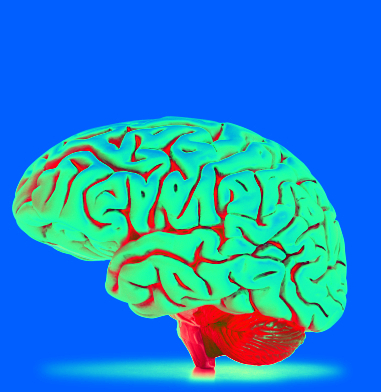Nature highlights top minds
 Ten bold thinkers reshaped science in 2024, tackling viruses, clocks, and the cosmos.
Ten bold thinkers reshaped science in 2024, tackling viruses, clocks, and the cosmos.
The 2024 edition of Nature’s 10 celebrates ten individuals whose work has profoundly influenced science, technology, and society over the past year.
From combating disease to advancing climate justice, these innovators represent the diverse challenges and opportunities of the modern scientific landscape.
Chinese physician Huji Xu delivered transformative results in autoimmune disease treatment using gene-edited CAR-T cells derived from donors.
In trials, patients with severe conditions like inflammatory myopathy and systemic sclerosis entered remission, offering hope for broader, cost-effective applications of CAR-T therapy.
Xu’s approach marks a significant evolution from earlier treatments using patient-derived cells, paving the way for scalable solutions.
In the Democratic Republic of the Congo (DRC), epidemiologist Placide Mbala identified a new, highly transmissible strain of the mpox virus.
His research, which included genome analysis, alerted the global community to the threat as cases emerged across Africa, Europe, Asia, and the Americas.
His efforts built on years of experience addressing infectious diseases, including collaborations on Ebola research.
Researcher Anna Abalkina exposed fraudulent practices in scientific publishing, including “paper mills” that generate fake research articles.
Her work has spurred industry reforms, including policy changes by research databases like Scopus.
Abalkina’s unique focus on fraud in Russia and other post-Soviet states has drawn international attention, although it has also put her on a Russian government watchlist.
Ekkehard Peik, a physicist at Germany’s national metrology institute, achieved a milestone decades in the making: the first tick of a clock based on an atomic nucleus’s energy shifts.
This breakthrough has the potential to surpass the precision of current atomic clocks, which lose only a second every 40 billion years.
Peik’s perseverance since proposing the concept in 2001 demonstrates the long road from theoretical ideas to practical innovation.
In China, geologist Li Chunlai played a key role in the Chang’e 6 mission, which successfully retrieved nearly two kilograms of soil from the Moon’s far side.
The mission’s findings could shed light on the Moon’s early evolution and inform the study of planetary formation.
Artificial intelligence researcher Rémi Lam, working with Google DeepMind, led the development of GraphCast, an AI tool that improves weather prediction.
The model has outperformed conventional forecasts by using neural networks trained on real-world data, even without explicit knowledge of physical laws.
Astronomer Wendy Freedman made strides in resolving a longstanding debate about the Universe’s expansion rate.
Her work, using new “standard candles” observed with the James Webb Space Telescope, aligns measurements with early-Universe data, narrowing discrepancies in the Hubble constant.
Kaitlin Kharas, a PhD student in Canada, successfully led the Support Our Science campaign to secure the first significant pay rise for Canadian researchers in over two decades.
Through rallies, protests, and advocacy, Kharas energised the academic community, culminating in a federal budget with enhanced scholarships and funding.
Swiss lawyer Cordelia Bähr achieved a landmark victory in climate litigation.
Representing more than 2,500 older women, her case argued that climate change violated their human rights due to its disproportionate impact on vulnerable populations.
The European Court of Human Rights ruled in favour of Bähr’s clients, setting a global precedent for holding governments accountable for climate inaction.
Nobel laureate Muhammad Yunus was chosen as Bangladesh’s interim leader following student-led protests that ousted the previous government.
Known for his pioneering work in microcredit, Yunus’s leadership focuses on using evidence-based strategies to address systemic challenges, including poverty and governance.








 Print
Print